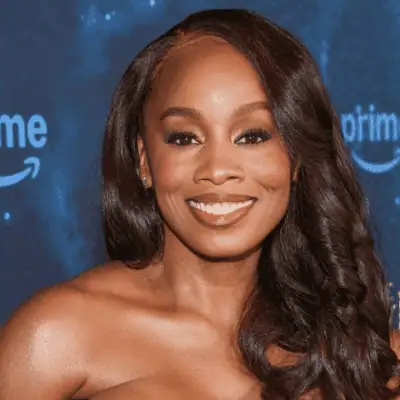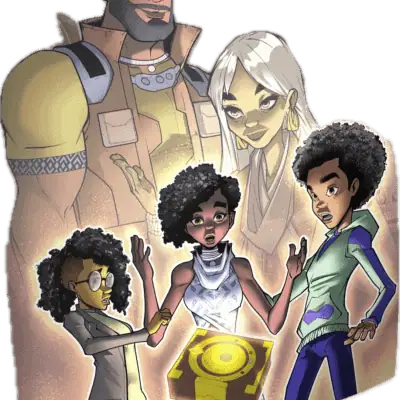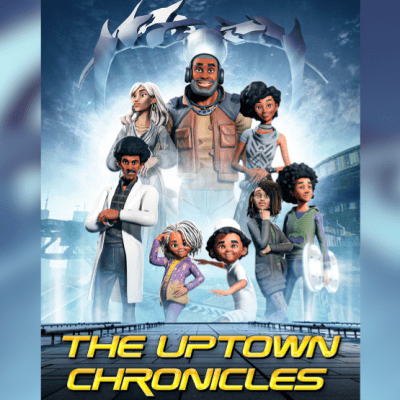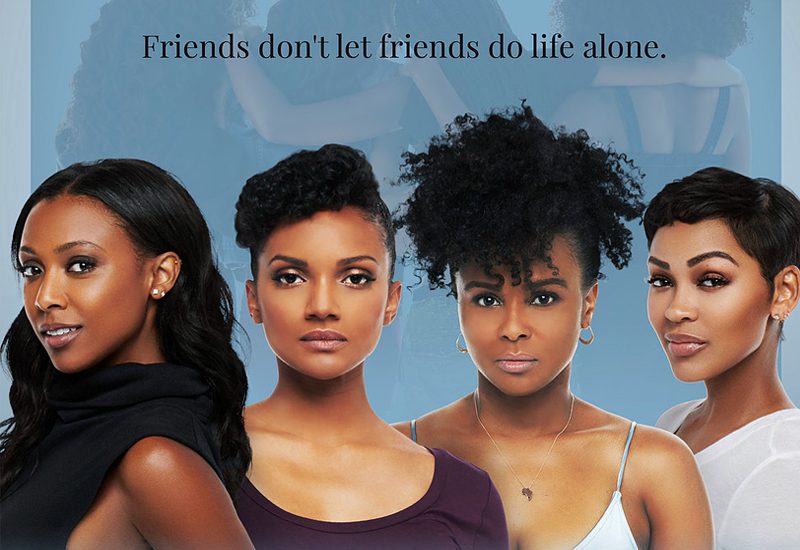
Screening the work of some of the most talented visual storytellers in the country, ABFF presented a curation of shorts, feature films, and documentaries that brought to life the multiplicities of blackness. The festival served as the world premiere for several films gaining the eyes and hearts of viewers and hopefully the attention of distributors. While it was impossible to see all the films, there were a few that I was able to catch and that I enjoyed. I am certain that these works will see success outside the festival and I encourage you to watch when you have the chance.
1. If Not Now, When?
Written by Tamara Bass, who co-directed the film with longtime friend Meagan Good, If Not Now, When? follows the sisterhood of four women as bonds are tested and strengthened by the challenges on their individual lives. Patrice (Bass) struggles to tell her new love interest about her personal battle with fertility. Tyra (Good) reluctantly undergoes rehab for a pill addiction after her teenage daughter finds her passed out on the floor. Deidre (Meagan Holder) has to decide whether or not she wants to reconcile with her husband who abandoned her once she started pursuing her career as a dancer. Suzanne (Mekia Cox) is forced to face the infidelity of her football player husband and the possibility of being a single mother. These friends challenge, support, and encourage one another as they figure out what they need to be happy and whole. If Not Now, When? Is a much-needed complex portrayal of black womanhood and sisterhood.
2. Una Great Movie
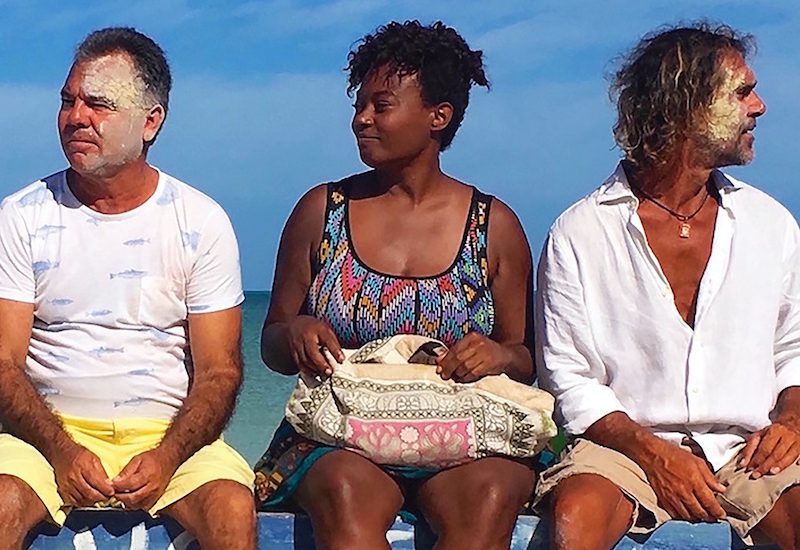
Writer and Director Jennifer Sharp offers a meta commentary on the film industry and the place of black women in romantic comedies. The film follows Zoe (JoNell Kennedy) as she attempts to sell her script about a black woman who travels to Mexico seeking closure from an old relationship. The narrative bounces between Zoe as she meets with industry executives and the main character of her film, Susan (Numa Perrier), who acts out the often-ridiculous script notes. Eventually Susan finds herself the only Black woman in Mexico surrounded by an all-white cast. Sharp’s work is a comedic exploration of the problems of being black in Hollywood and looking for ownership of your creative expression.
3. Chicago at the Crossroad

Through a combination of archival footage and exclusive interviews, producer, writer, and director Brian Schodorf explores the many issues plaguing the city of Chicago and its black residents. Most importantly he carefully weaves together a narrative that illustrates how many of the city’s issues such as violence, crime, joblessness, and de-facto segregation is systematic. By tracing the history of a landmark public housing unit and its residents alongside the city’s neglect of the property and its eventual demolishment, Schodorf shows the inequality and dehumanization of people of color at the hands of the government. The second half of the documentary follows teenage father Edwin’s journey from juvenile detention to earning his GED as well as the struggles that many young black men face growing up in Chicago. It is a compelling and insightful look into the problems and perils of a dynamic and complex city.




